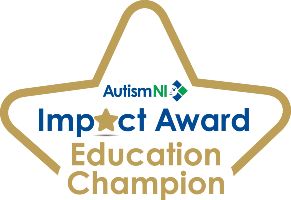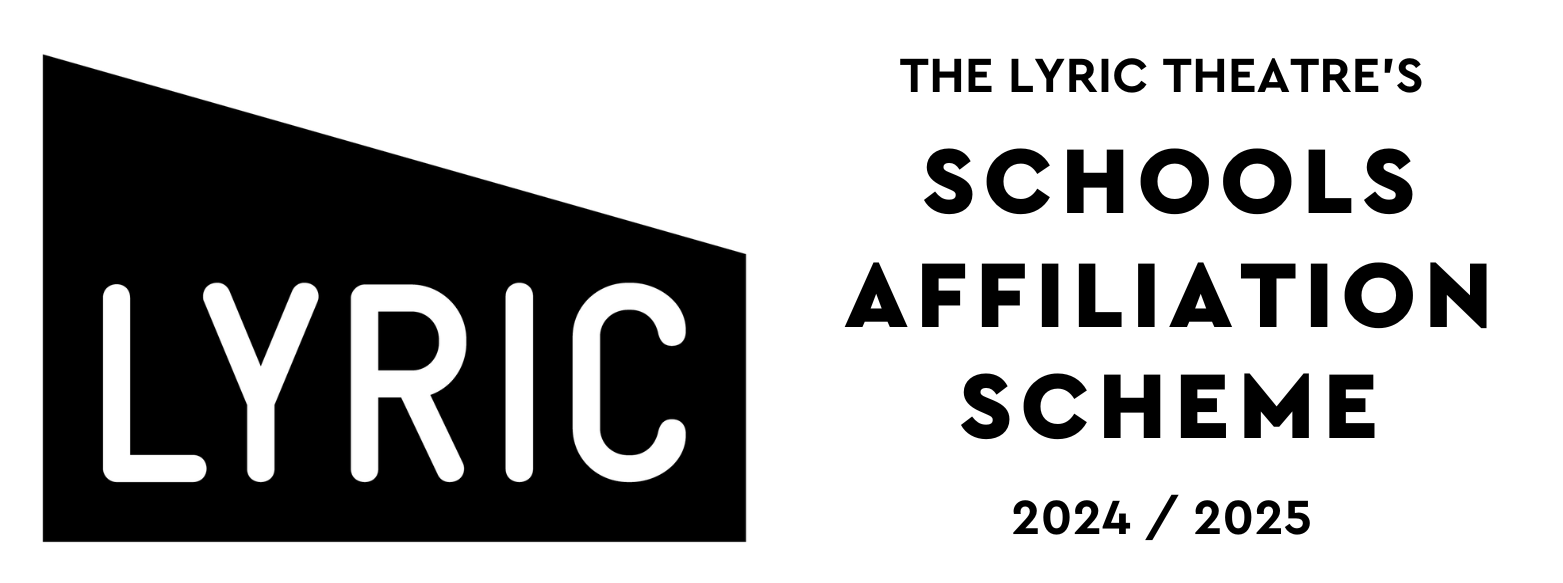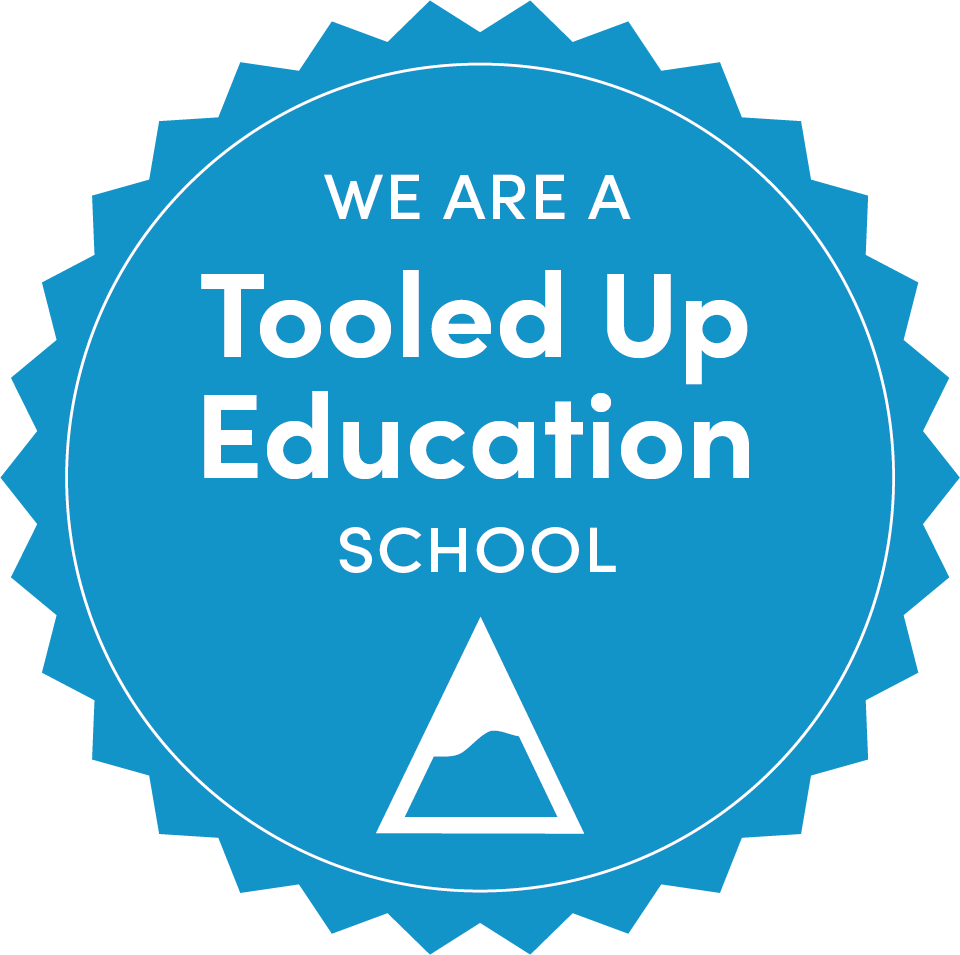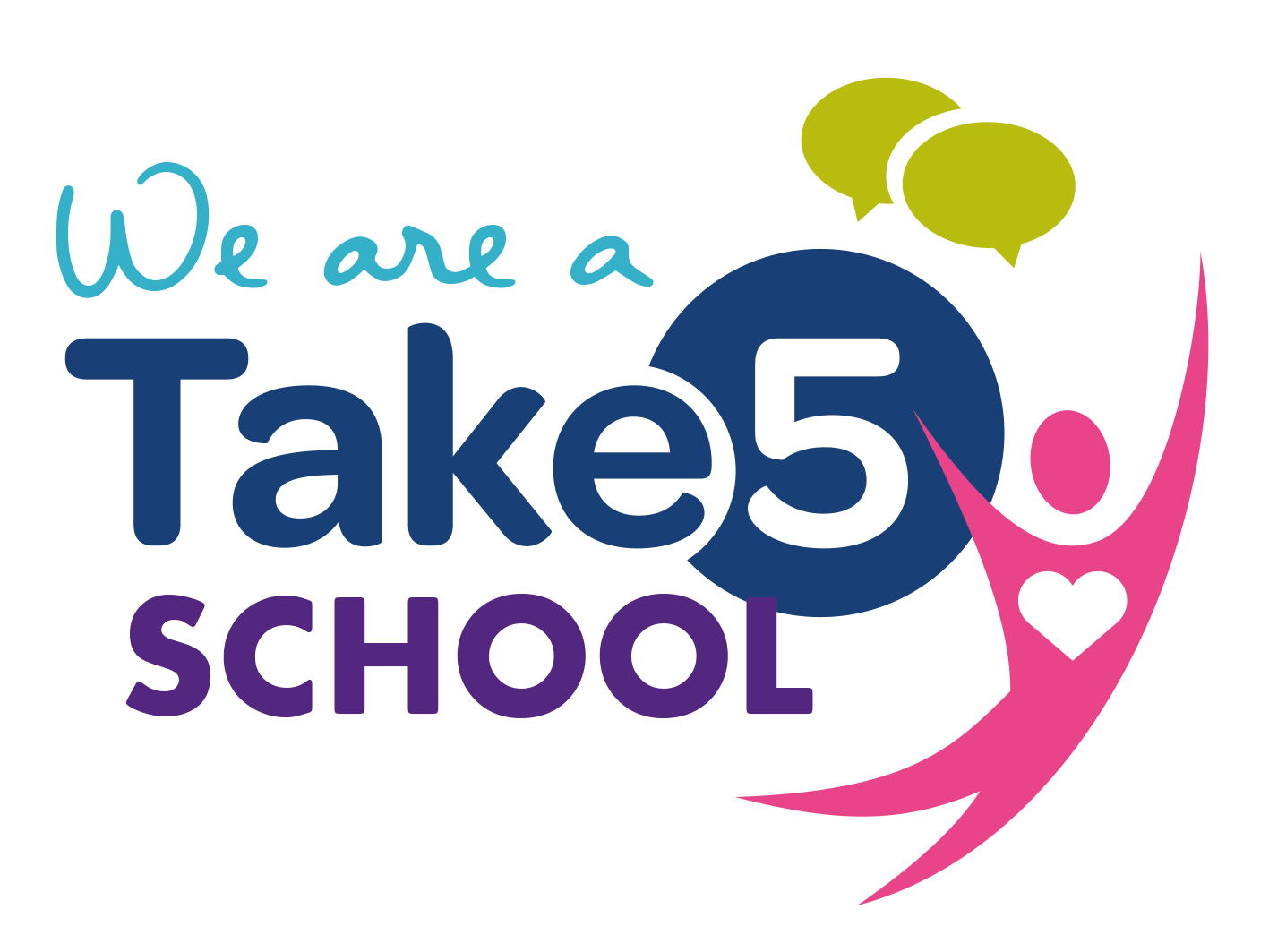History
SPECIFIC AIMS OF THE DEPARTMENT
The History Department aims:
To provide pupils with a wide range of skills through the study of History.
-
To stimulate an interest in the past that will continue into adult life.
-
To ensure that every pupil succeeds to the best of their ability
-
ensure pupils will appreciate the diversity of opinions, beliefs, attitudes and cultures that exist in nations today and how they shape individuals.
OVERVIEW OF KEY STAGE 3 CURRICULUM
At Key Stage 3, History is delivered over four lessons per fortnight.
Pupils complete four Continuous Monitoring assessments throughout the year including examinations in December and June. The focus at KS3 is to provide opportunities for pupils to study a wide range of time periods and build up an interest in the subject.
YEAR 8 CURRICULUM
In Year 8, pupils study the following topics:
-
What is History?
-
The Normans
-
The Lifestyles of the Native North Americans
YEAR 9 CURRICULUM
In Year 9, pupils study the following topics:
-
The Reformation and the Tudors
-
The Spanish Armada
-
The Ulster Plantation
-
The Black Peoples of the Americas
YEAR 10 CURRICULUM
In Year 10, pupils study the following topics:
-
Introduction to the 20th Century
-
World War One
-
Germany 1919-45
-
Genocide
-
Causes and Consequences of Partition
OVERVIEW OF KEY STAGE 4 CURRICULUM
At Key Stage 4, the History Department offers History at GCSE Level. Pupils follow the CCEA specification. History is delivered over six lessons per fortnight.
Unit 1: Section A: Modern World Studies in Depth (60%)
Option 2: Life in the United States of America, 1920-33
Section B: Local Study
Option 2: Changing Relations: Northern Ireland and its Neighbours, 1965–98
This unit aims to allow students to gain an awareness of the characteristics, beliefs, values and attitudes of the people from the period studied. The in-depth study aims to enhance students’ understanding of a society’s complexities, its historical situation and the interplay of key aspects within it. In the local study students enhance their understanding of the unfolding narrative of significant historical developments, events and personalities in a particular period in Northern Ireland’s past. They also examine the interplay of the complex relationships between Northern Ireland and its neighbours.
In this unit, there are two sections.
Section A: Students answer five questions. The paper includes short response questions, structured questions and an essay question.
Section B: Students answer six questions. The paper includes source-based questions, short response questions and an essay question.
This unit is assessed in the form of a written examination.
Pupils will have 1hr 45 minutes to complete the assessment for this unit.
Assessment of this unit will take place at the end of Year 11.
Pupils’ work in this unit will be externally assessed.
Unit 2: Outline Study: International Relations 1945-2003 (40%)
This unit aims to allow students to develop outline knowledge of the significant events and developments integral to the study of international relations in the period 1945–2003. Students learn about the causes and consequences of historical events and developments, identify patterns, continuity and change, trends and turning points, and assess the historical significance of people, events and developments.
In this unit, Students answer six questions. The paper includes source-based questions, a structured question and an essay question
This unit is assessed in the form of a written examination.
Pupils will have 1hr 15 minutes to complete the assessment for this unit.
Assessment of this unit will take place at the end of Year 12.
Pupils’ work in this unit will be externally assessed.
OVERVIEW OF KEY STAGE 5 CURRICULUM
At Key Stage 5, the History Department offers History at AS and A2 Level. Pupils follow the CCEA specification. At AS and A2 Level, History is delivered over eleven lessons per fortnight.
At AS Level, pupils must successfully complete two modules. A further two modules must be successfully completed at A2 Level.
AS HISTORY
Unit 1: Option 5: Germany 1918-1945 (50% of AS, 20% of A Level)
In this unit students examine the history of Germany between 1919 and 1945.In the first section, students focus on the Weimar Republic from 1919 to 1929. In the second section, students analyse the decline of the Weimar Republic and the rise of Hitler and the Nazi Party from 1929 to 1933. In the third section, students examine political, economic and social developments in Nazi Germany up to 1939. In the fourth section, students focus on the political, economic and social consequences of the war on Nazi Germany and the occupied territories in Eastern Europe by 1945.
In this unit, pupils are required to answer short response questions, source work and a source-based question on interpretations.
This unit is assessed in the form of a written examination.
Pupils will have 1hr 30 minutes to complete the assessment for this unit.
Assessment of this unit will take place at the end of Year 13.
Pupils’ work in this unit will be externally assessed.
Unit 2: Option 5: Russia 1914-41 (50% of AS, 20% of A Level)
In this unit students focus on the causes of the Russian Revolutions of 1917. They analyse the reasons why the Tsarist regime collapsed in February 1917 and why the Bolsheviks were able to seize power in October 1917. Students then assess how the Bolsheviks consolidated their rule with their victory in the
Civil War. Students also evaluate the aims and consequences of Lenin’s economic policies in the period 1917–24. The option concludes with a study of Stalinist Russia. Students focus on why Stalin emerged as Lenin’s successor by 1929, assess the aims and consequences of Stalin’s economic policies and analyse the most important features of Stalin’s dictatorship.
In this unit, pupils are required to complete a written examination that includes both short response and extended questions
This unit is assessed in the form of a written examination
Pupils will have 1hr 30 minutes to complete the assessment for this unit.
Assessment of this unit will take place at the end of Year 13.
Pupils’ work in this unit will be externally assessed.
A2 HISTORY
A2 1 Option 4: The American Presidency 1901–2000 (20% of A Level)
In this option, students explore the changing nature of the American presidency
between 1901 and 2000. Students examine how, starting from a position of
apparent weakness at the start of the century, the institution was invigorated by the
presidencies of the two Roosevelts and Woodrow Wilson in the context of the two
World Wars and the Great Depression. They also investigate how presidential power
was greatly increased in the nuclear age when the United States took on the role of
leader of the Free World. Students examine how this trend was halted, if not
reversed, by the experiences of Vietnam and Watergate, until the revival of
presidential and indeed national prestige under Ronald Reagan. Students then
explore how his immediate successors benefited to some extent from Reagan’s
work of restoration.
Assessment for this option consists of a written examination. Students respond
to a synoptic essay question analysing the period as a whole.
This unit is assessed in the form of a written examination
Pupils will have 1hr 15 minutes to complete the assessment for this unit.
Assessment of this unit will take place at the end of Year 14.
Pupils’ work in this unit will be externally assessed.
Unit 4: Option 4: Partition of Ireland 1900-1925 (30% of A Level)
In this unit, students are required to engage in historical enquiry by investigating the specific problems associated with the Partition of Ireland. They must make critical use of sources in their historical context. They should interrogate sources and ask relevant questions based around their providence, motivation, reliability and utility.
This unit is assessed in the form of a written examination. Students will have 2 hours to complete the assessment for this unit.
Assessment of this unit will take place at the end of Year 14. Students’ work in this unit will be externally assessed.
ADDITIONAL SUBJECT INFORMATION
EXTRA- CURRICULAR PROVISION
The History Department contributes extensively to the school’s extra-curricular provision. Extra-curricular activities include:
-
Horrible Histories Club
-
Field trips to Walls of Derry, Somme Heritage Centre, Kilmainham Gaol and Glasnevin Cemetery
-
A level conferences at QUB
-
Guest speakers e.g Truth and Reconciliation platform
-
SEP project within the MLP
-
Involvement in the Lessons from Auschwitz programme
-
Participation in a local democracy events
-
Competitions
FACILITIES AND RESOURCES
There are three dedicated History classrooms in St. Mary’s. Each classroom is equipped with internet access and interactive whiteboards. The teaching of History is fully supported with resource banks in both digital and hard copy formats.
CAREERS INFORMATION:
There are many different reasons to study history, as it is a fantastic combination of all the other school subjects. There are many arguments over the importance of history, and these still go on today.
-
History helps you discover how your world evolved.
-
History helps you develop the skills to look beyond the headlines, to ask questions properly, and to express your own opinions.
-
History trains your mind and teaches you how to think and process information.
-
History students are rounded individuals who develop an understanding of both past and present.
-
The pursuit of historical events and people is fun - a form of time travel.
-
History helps you make sense of most other subjects.
-
A lack of historical knowledge prevents people from truly understanding the world they live in.
-
History helps you understand the origins of modern political and social problems.
-
History lets you learn how and why people behaved as they did, whether they are Elizabeth I, Hitler or John Lennon...
-
History makes you appreciate that people in the past were not just 'good' or 'bad', but motivated in complex and inconsistent ways, just like us.
History provides you with the skills employers are looking for.
The study of History is useful for students who are interested in pursuing careers such as:
-
Archivist
-
Curator
-
Journalist
-
Museum/Education Officer
-
Barrister
-
Legal Executive
-
TV/Film/ Theatre Director
-
Actor
-
Set Design
-
History Teacher
-
Professional Historian
-
University Lecturer
-
Tour Guide
-
Diplomatic Service
-
Tourism Officer
-
Games Creator
-
TV Series Consultant
-
Antiques Dealer
-
Costume Design
-
Solicitor
-
Politician
-
Advocate
